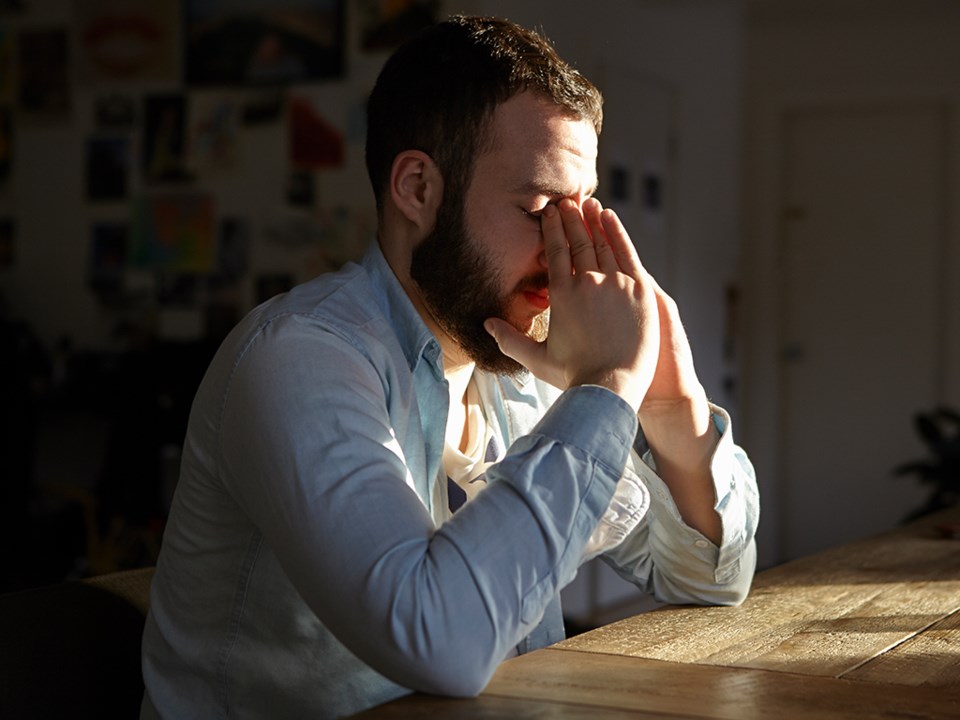There is sometimes a perception that disordered eating is a challenge most often faced by women and girls, but this is a perception that is being challenged by the Aurora-based Riverwalk Wellness Centre as they aim to ramp up help for males looking to overcome and recover.
Riverwalk, formerly Eating Disorders of York Region, recently received an anonymous donation specifically to help them reach males in the community who might be struggling.
“We are deeply appreciative for the donation,” says Riverwalk executive director Janice Morgante. “We receive calls every day from individuals looking for support and it can be from anywhere, even Nunavut because support is so hard to find.”
Riverwalk was founded in 2004 after several families came together after the death of a young woman, using resources from her memorial fund to start an agency to address urgent and unmet needs for those suffering from disordered evening.
It is a grassroots organization that offers a variety of assistance and support programs well beyond their home base of York Region.
This most recent donation enables them to meet further needs that were previously unmet.
“If I am speaking to someone who is a male, or calling about a male they know, after we have gotten to know each other a bit in that conversation I can explore with them the support that can be made available that they otherwise may not be able to manage without this donation,” says Morgante. “It’s the same conversation I would have with anyone, but unfortunately we don’t have the donors at this point, although that could change, who would want to make contributions for which we can issue an official income tax receipt and allow us to support even more people.
“As an example, we have been getting calls from students who have no financial means; they are not working, they are not on campus, they have no contact with what might have been on-campus support, although that was likely not specialized around disordered eating, but they have really stressful situations as many people do right now. My heart breaks for students. I can tell you from first-hand experience how the room lights up when we’re able to address real financial need.”
The donation will also help to provide outreach to the male population.
Although Morgante says she has no firm reasons on why males are sometimes more reluctant to seek help, she says that this demographic sometimes flies under the radar.
“Someone in that person’s circle just doesn’t think about it,” she says. “That is where information is so helpful. There isn’t anyone who is immune to anxiety, depression, stress and trauma, and all of the aspects of difficult coping that we’re experiencing right now with COVID. There isn’t any reason to think that one person over another would be inclined to use food as a way to cope.
"Another aspect is, using the lens of common sense, younger individuals and children have access to food in their home and not to the liquor store, and hopefully not to their local drug dealer. No one goes out of their way to decide they are going to use food as a coping strategy, or any other substance. All of us needs coping strategies and hopefully somewhere along the way we have acquired positive coping strategies but, of course, that is not always the case.
“Now, we’re able to offer support to a 13-year-old boy whose single mom would not have the financial means to get him the help he needs. In this case, it was a teacher who noted the difference in the young boy from last year to this year and alerted mom. It can be that we’re all so busy coping ourselves that we might not be paying as much attention to, for instance, males and the negative coping strategies that might be prevalent.”
We’re all human and we all need help in unique ways, she says, but it is sometimes the case that people don’t know that their coping strategies are detrimental – and it can take a while before that moment of realization arrives. Through Riverwalk’s Faces of Recovery campaign, people who have been down that road highlight when they “awoke” to the fact their health was suffering and why they sought support.
“We look at this as a circle of support – a ‘circle’ because we know all of us are flexible, we move forward, we move back, not necessarily in a straight line when we decide something doesn’t seem right and we would like to find out more,” says Ms. Morgante. “Specialized knowledge of disordered eating is extremely important because those who mean well that are not informed can cause more harm, quite unintentionally.
“A diagnosis [for our programs] is not required. Someone can just have some thoughts, concerns and questions, and, on our website, you will see a list of questions they can review and ponder. If they feel indeed there was something they wanted to know more about or seek some more support around, we’re here.”
For more information on Riverwalk and its services, visit edoyr.com.
Brock Weir if a federally funded Local Journalism Initiative reporter at The Auroran



